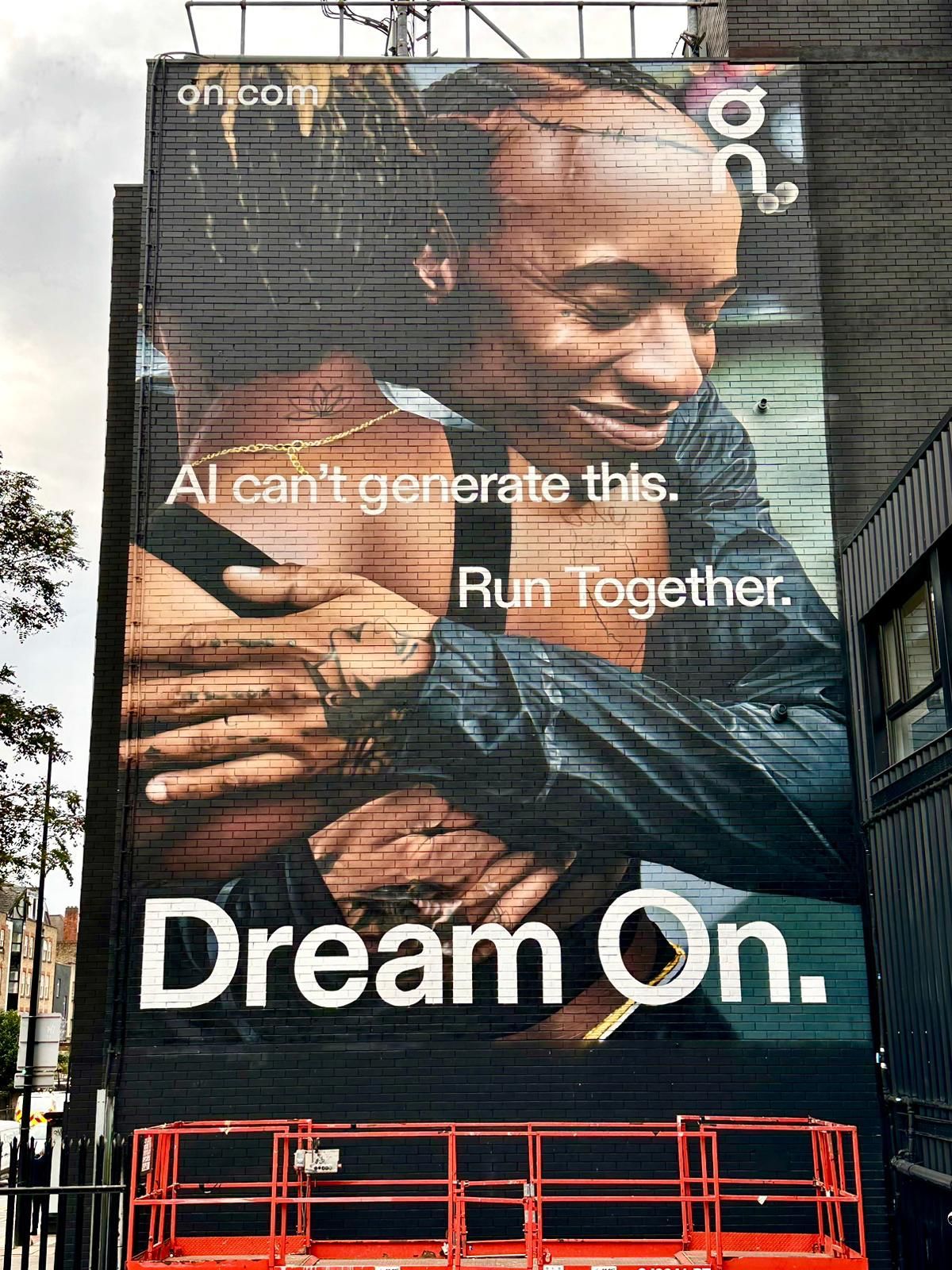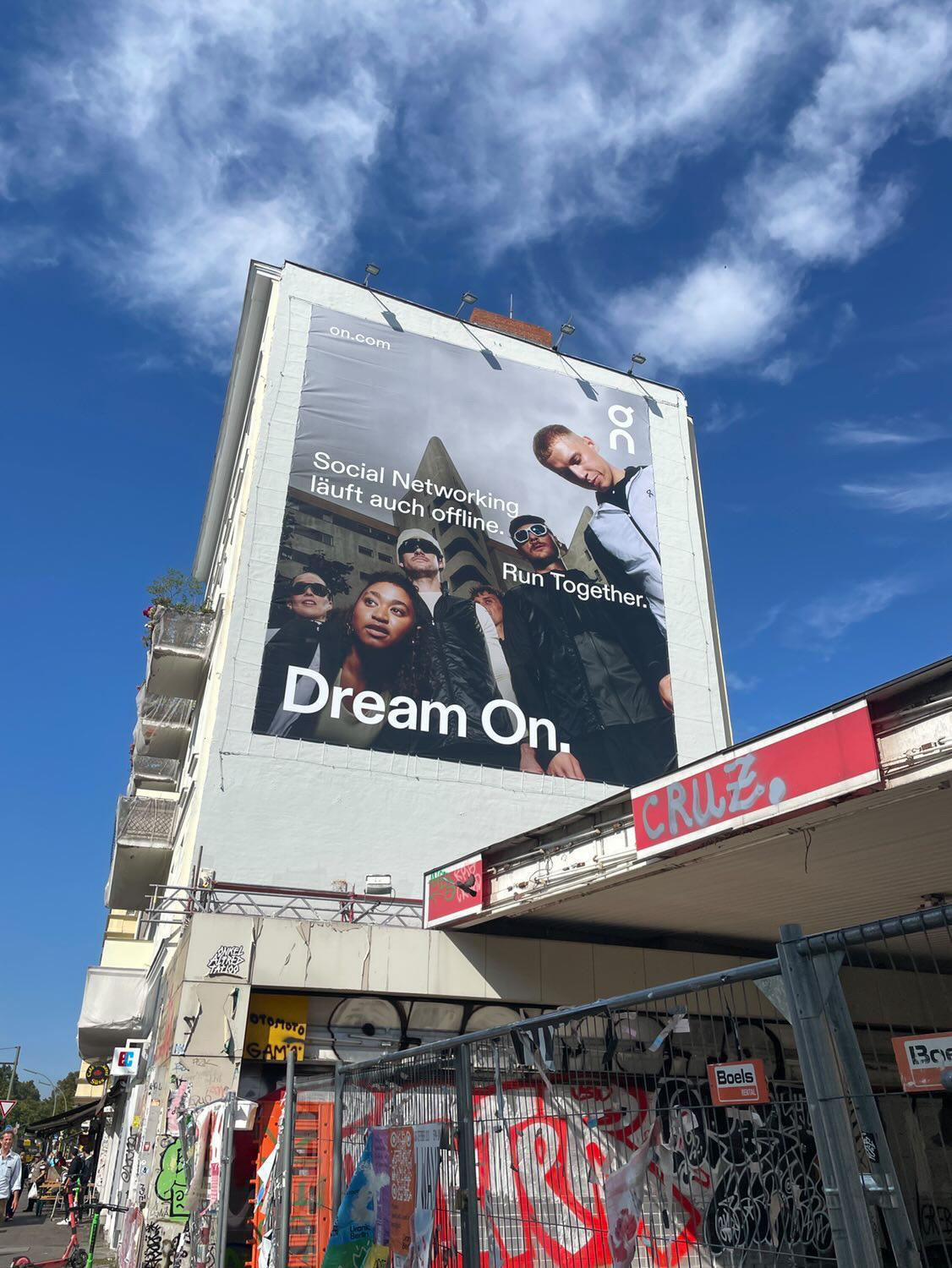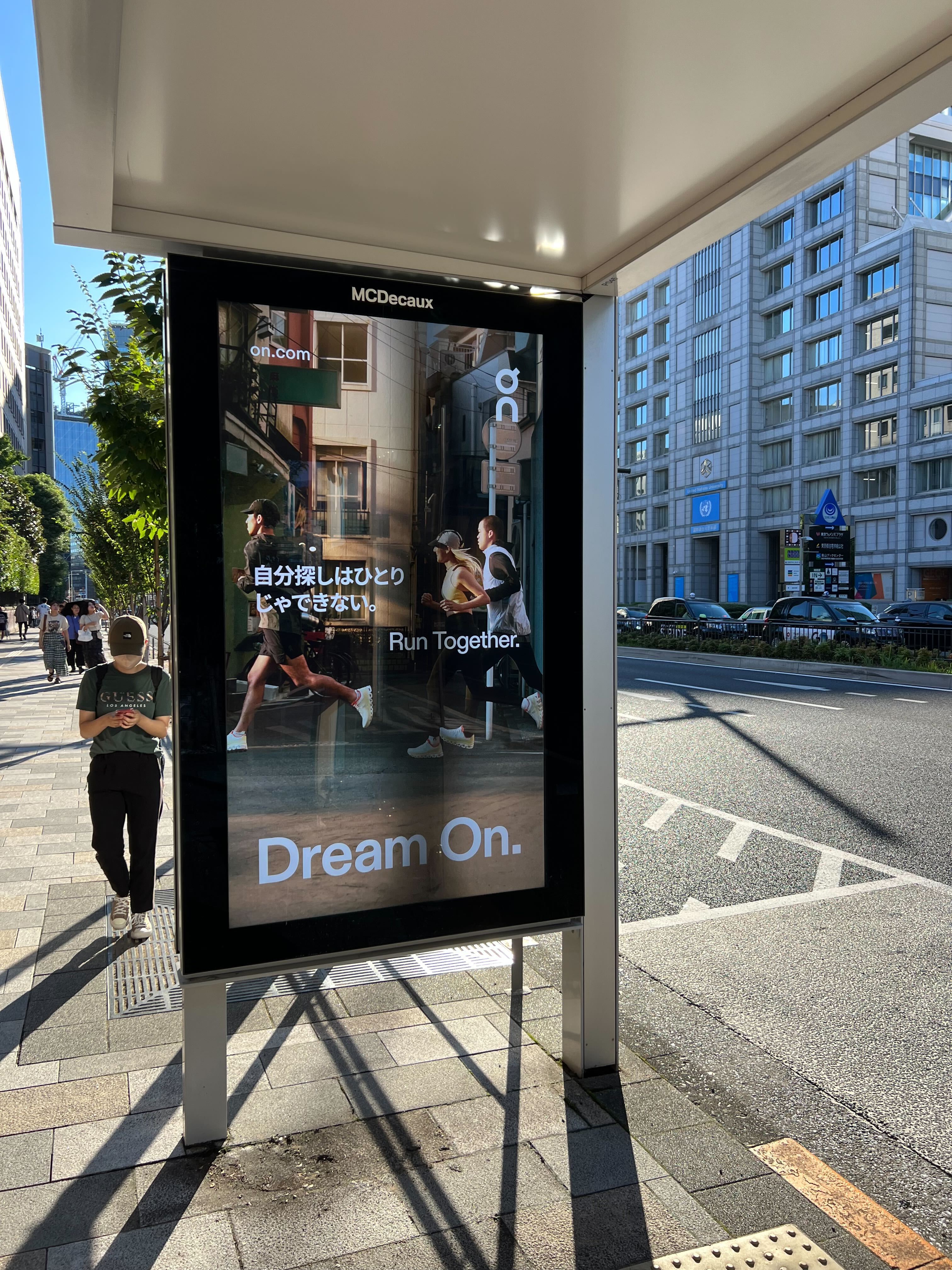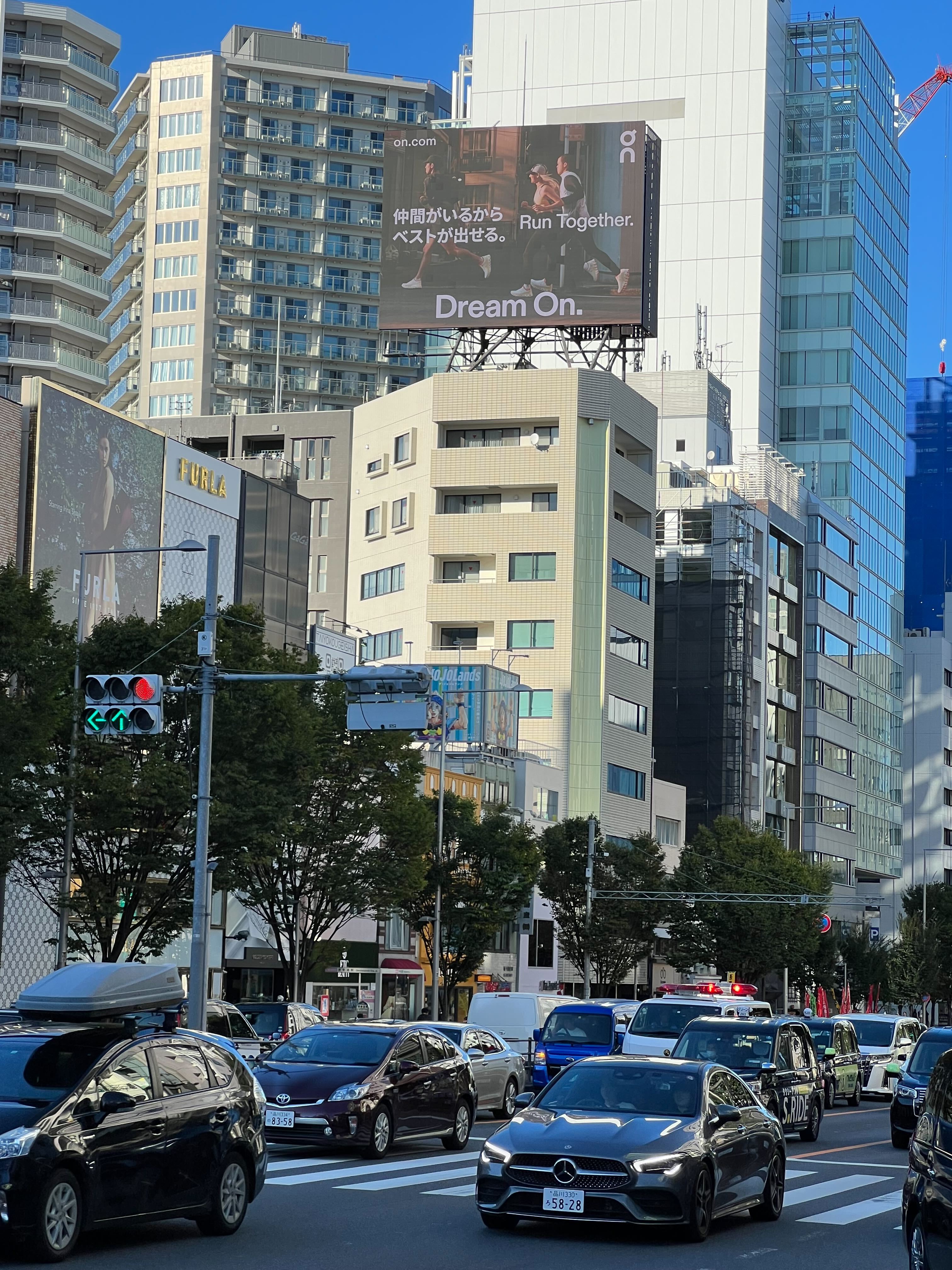To launch the Cloudboom Strike LS, a shoe with a lace-free upper sprayed by a robotic arm in a single, three-minute step, we bypassed the traditional product drop playbook. This was a multimedia blitz combining high-energy film, sharp static assets, and live activations. It’s a manufacturing revolution that ditches the glues, seams, and excess for pure biology-meets-technology performance.
Taking the lab directly to the streets, the campaign hit major global hubs with live "Spray Labs," turning complex engineering into performance art. From Paris to New York and Tokyo, we put the robotics front and center, stripping away the mystery of production. No hiding behind slick edits—just raw innovation on display. It serves as a direct challenge to the industry status quo, proving that the future of running isn't built, it's sprayed.
With @adrianpirlet @wilsonjosh__@byjacqui @supermandang @zsofianemes @simonalmers @theomcinnes @matt.tucker.studio
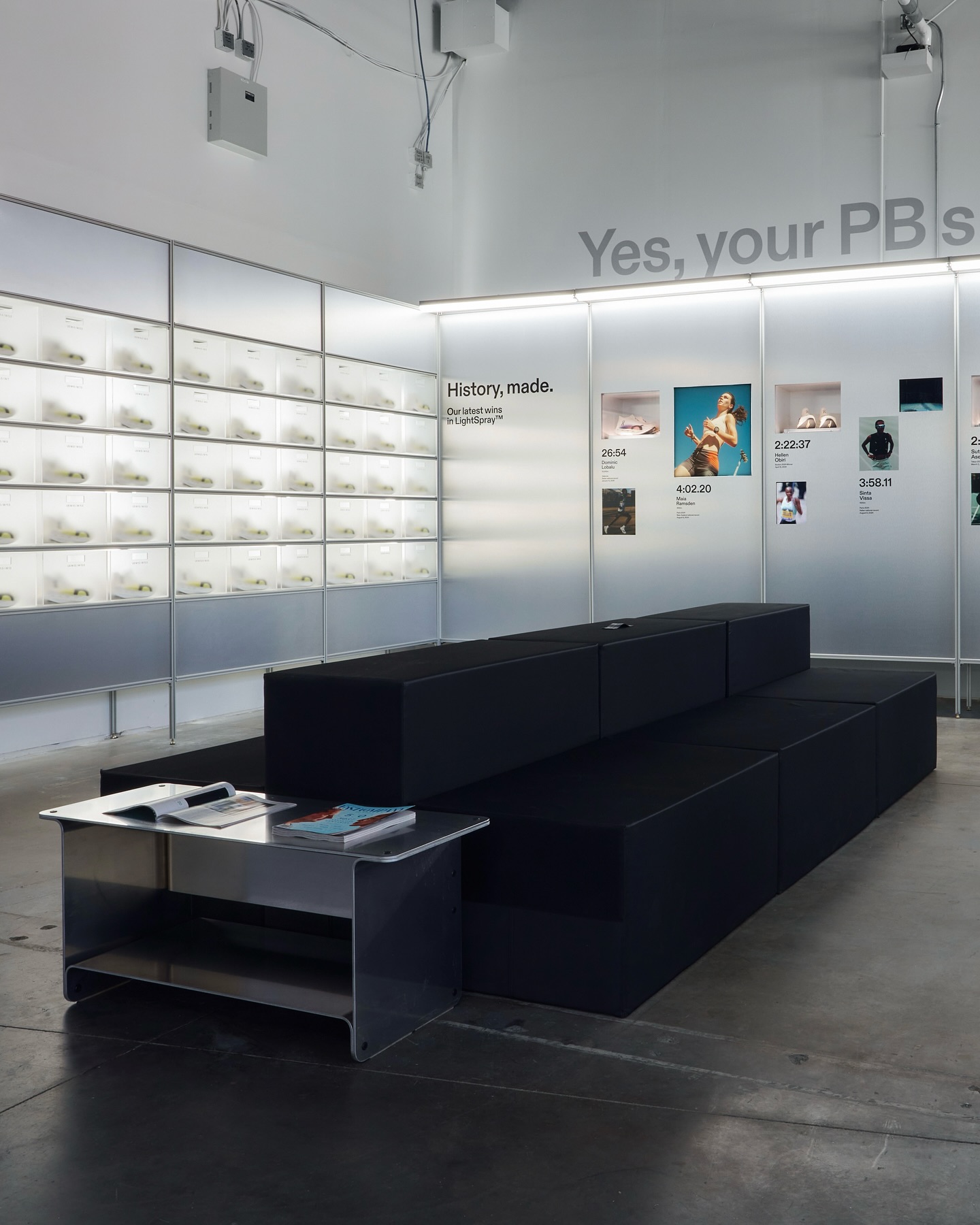
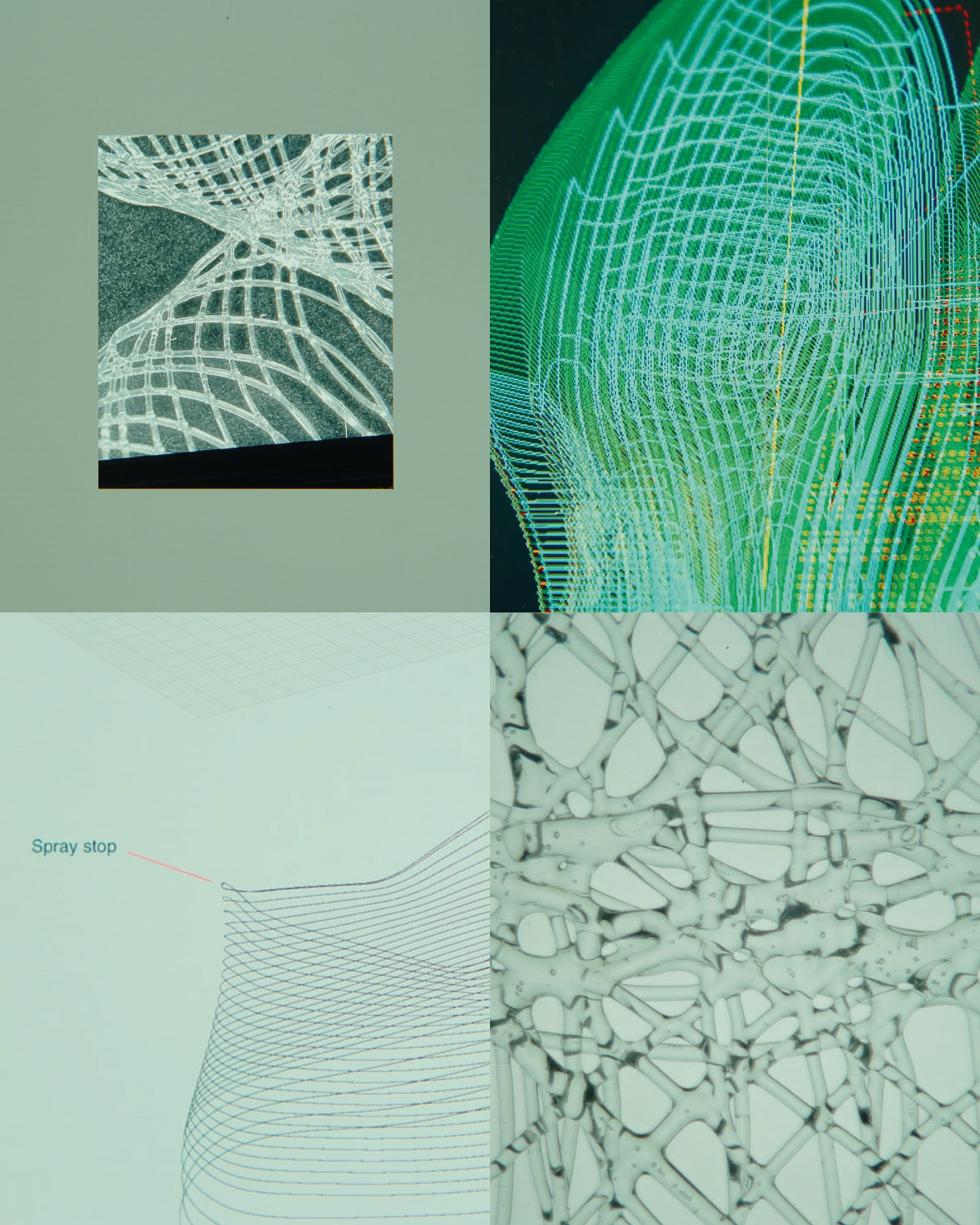
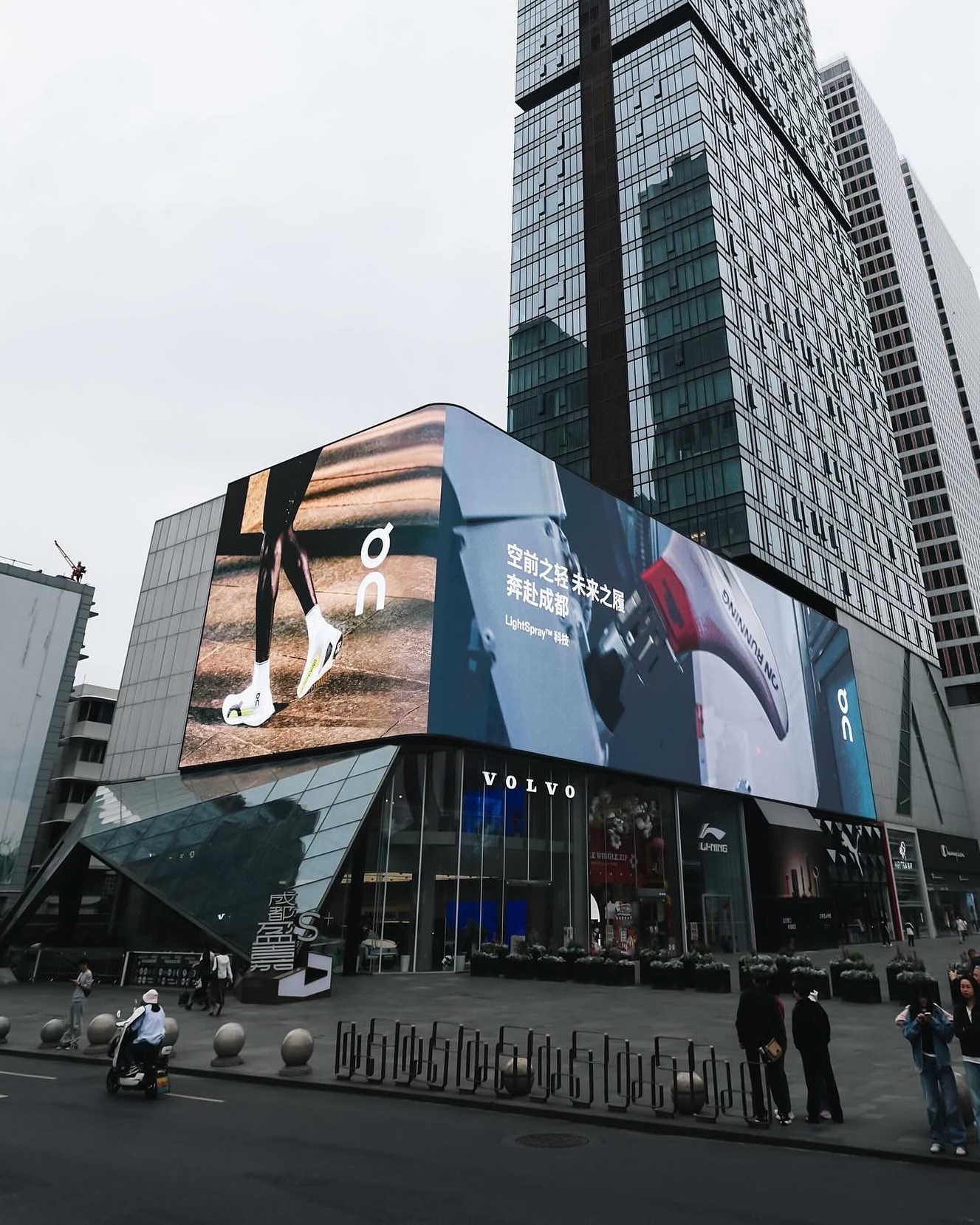
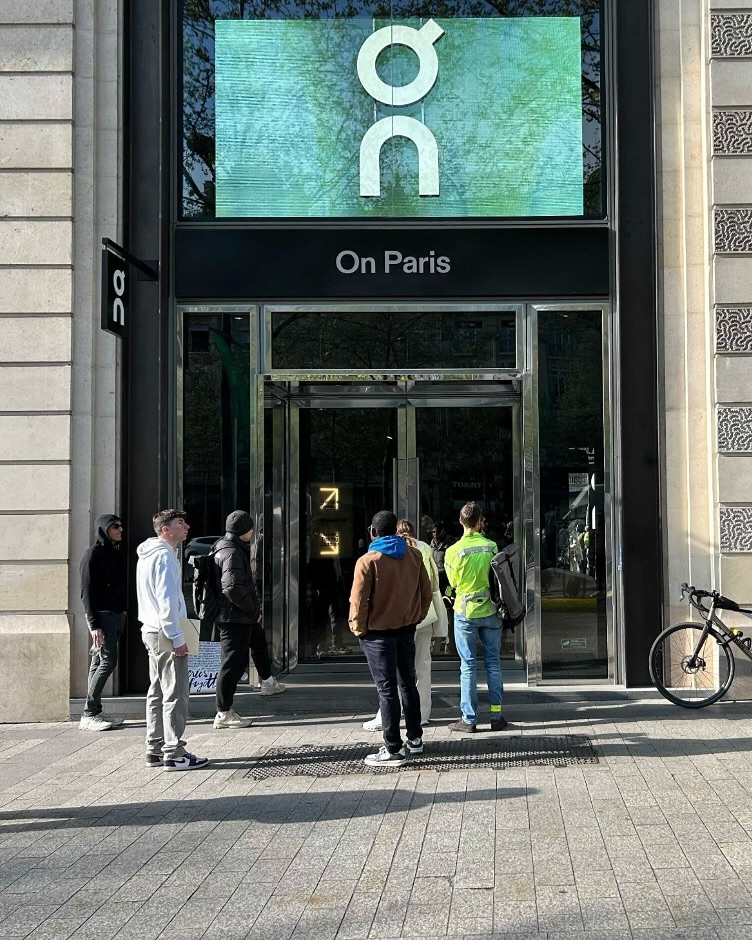
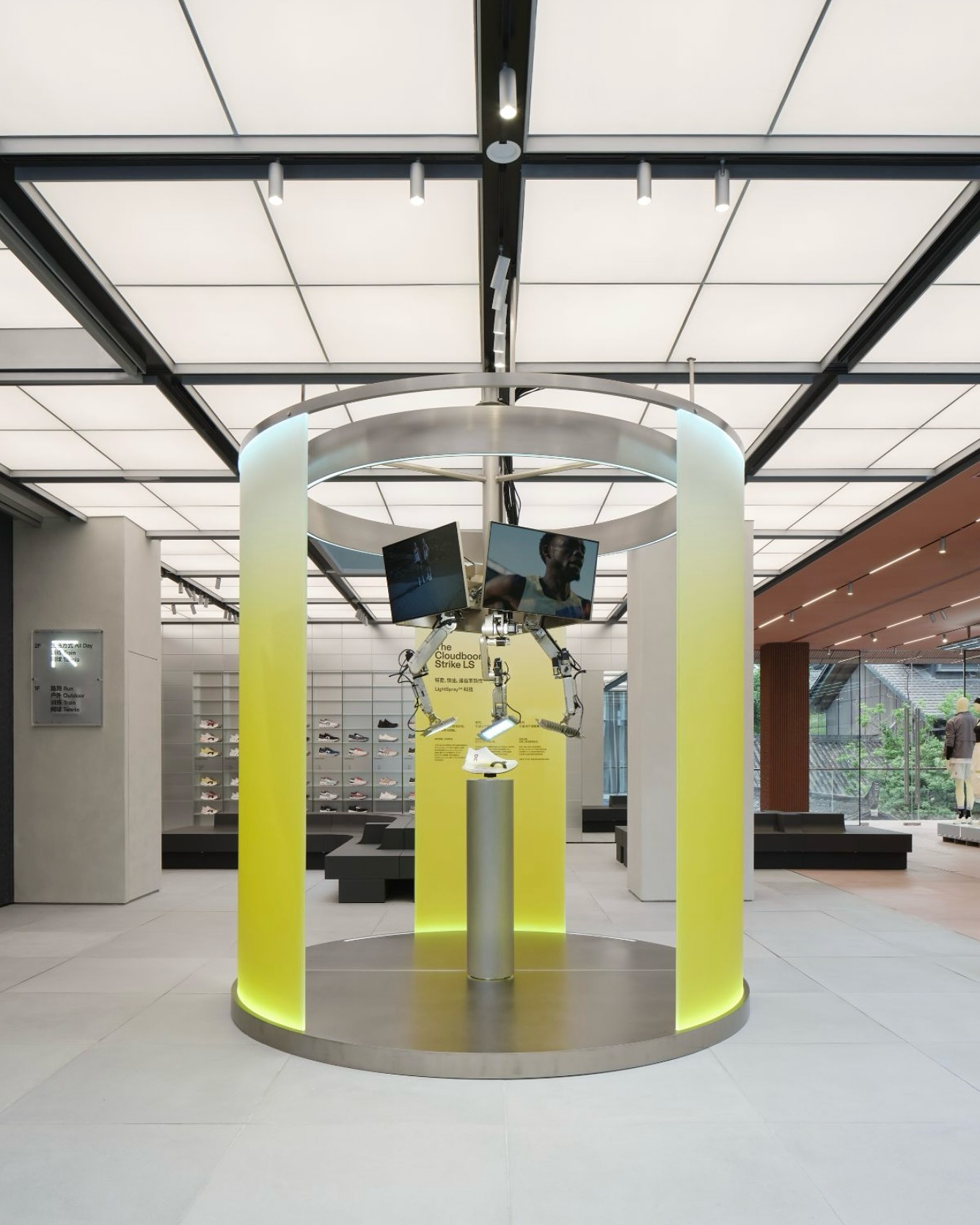
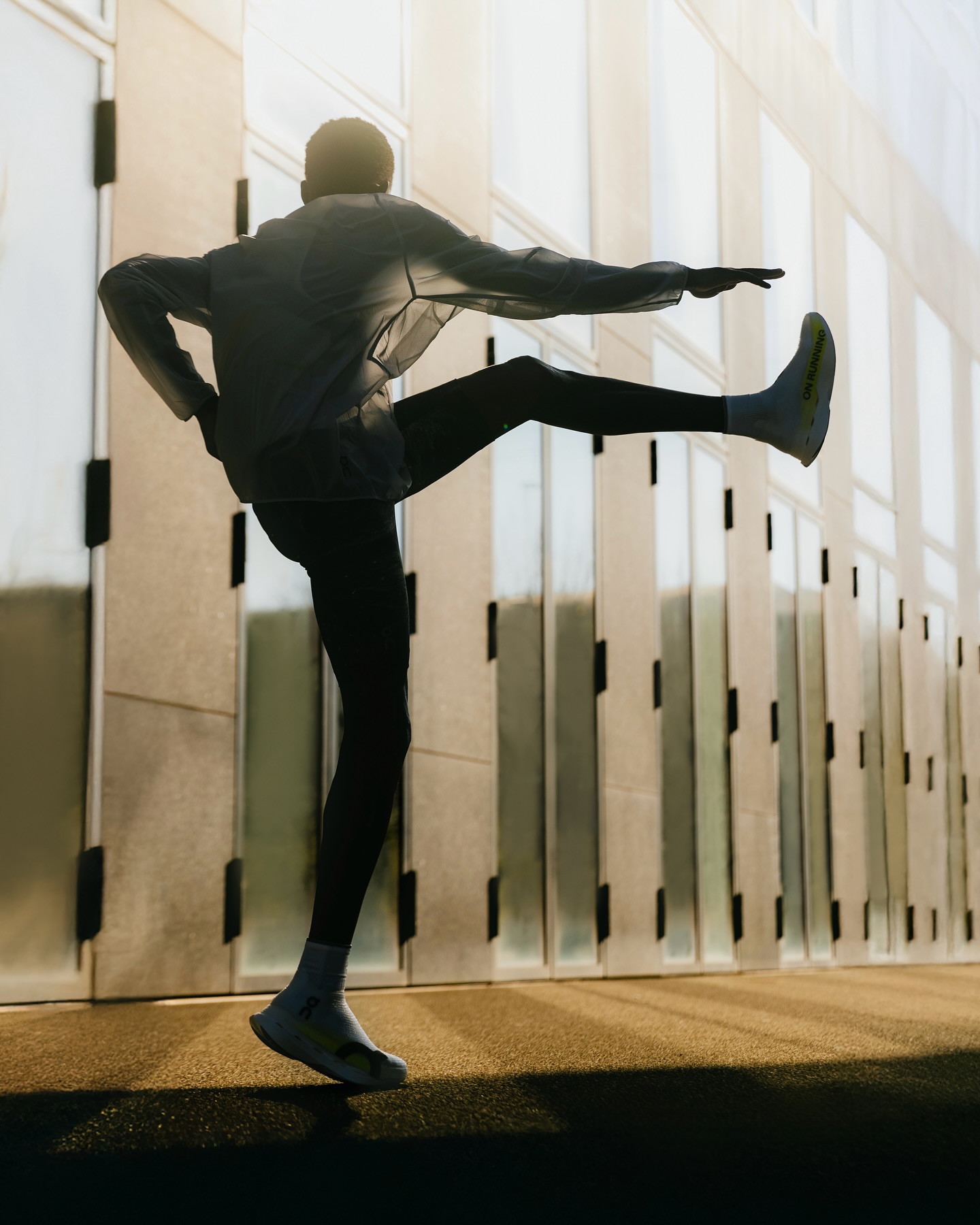
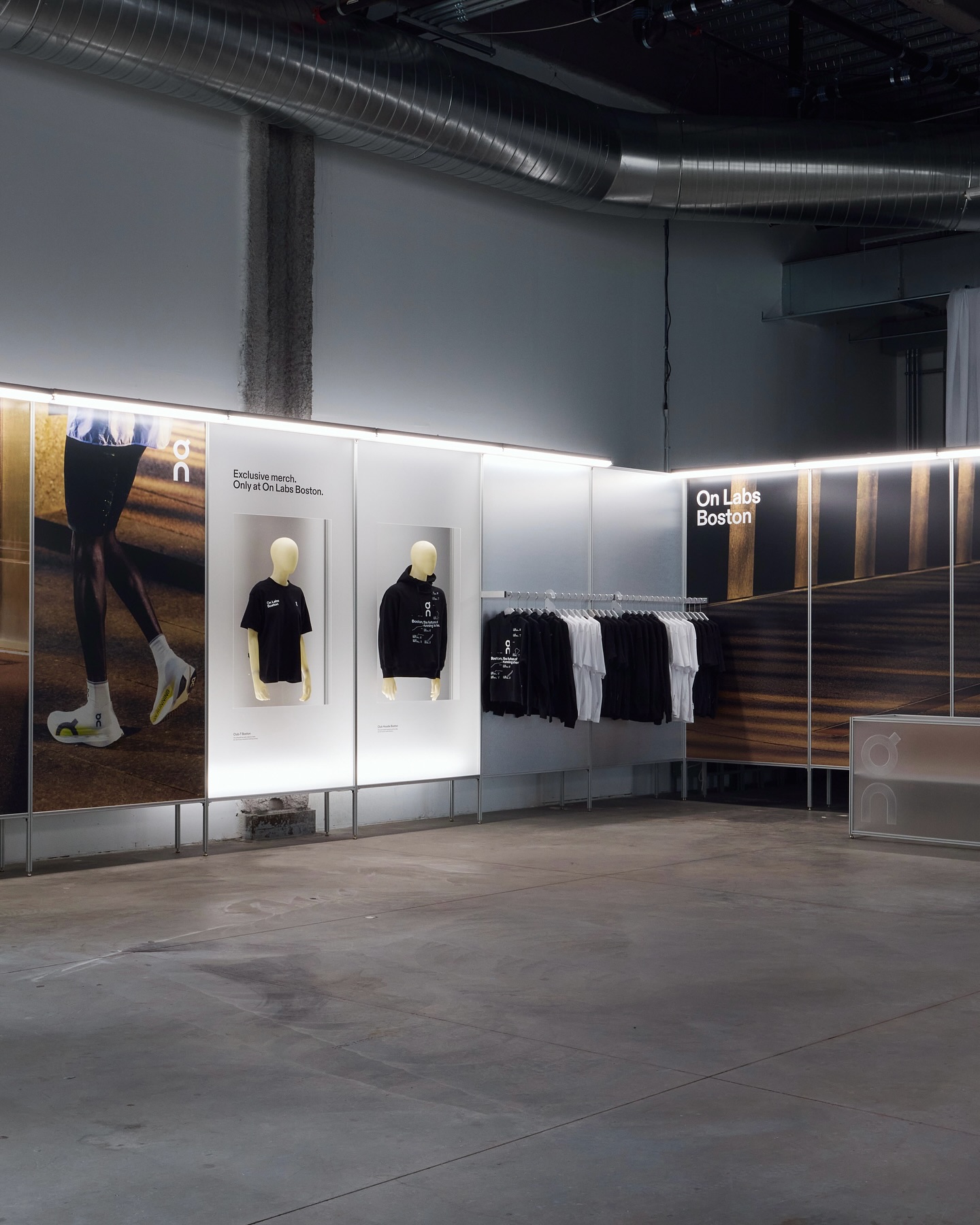
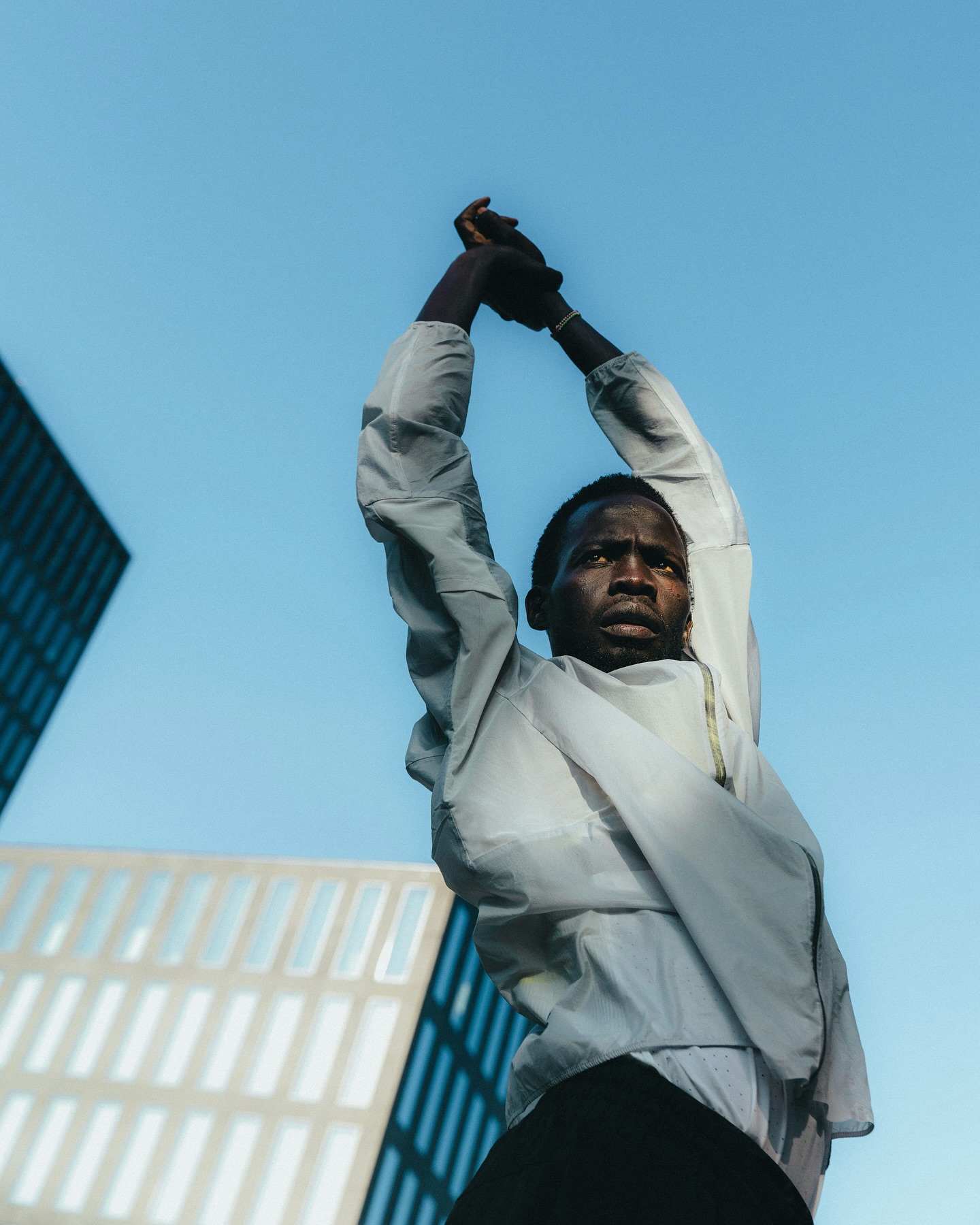
Standard activewear is predictable; Current Form 3.0 is a mutation. This collaboration between On’s Swiss engineering and the South Korean design collective Post Archive Faction (PAF) refuses to choose between high-performance tech and radical avant-garde aesthetics. We took the Cloudmonster Hyper—our max-cushion beast—and handed it over to the masters of deconstruction to completely rewrite the runner’s uniform.
The campaign, "Speed Transforms," isn't about smiling joggers on a sunny morning. It is a visual glitch in the system, a dystopian, alien exploration of what happens when biology meets mechanics at high velocity. Through a film directed by Jan Lee (@janleeinfo) and imagery by Kwak Kigon (@kigon_kwak), we visualized speed not as a metric, but as a distorting force that alters the human form. It’s a collision of cultures that proves functionality doesn't have to look safe to work.
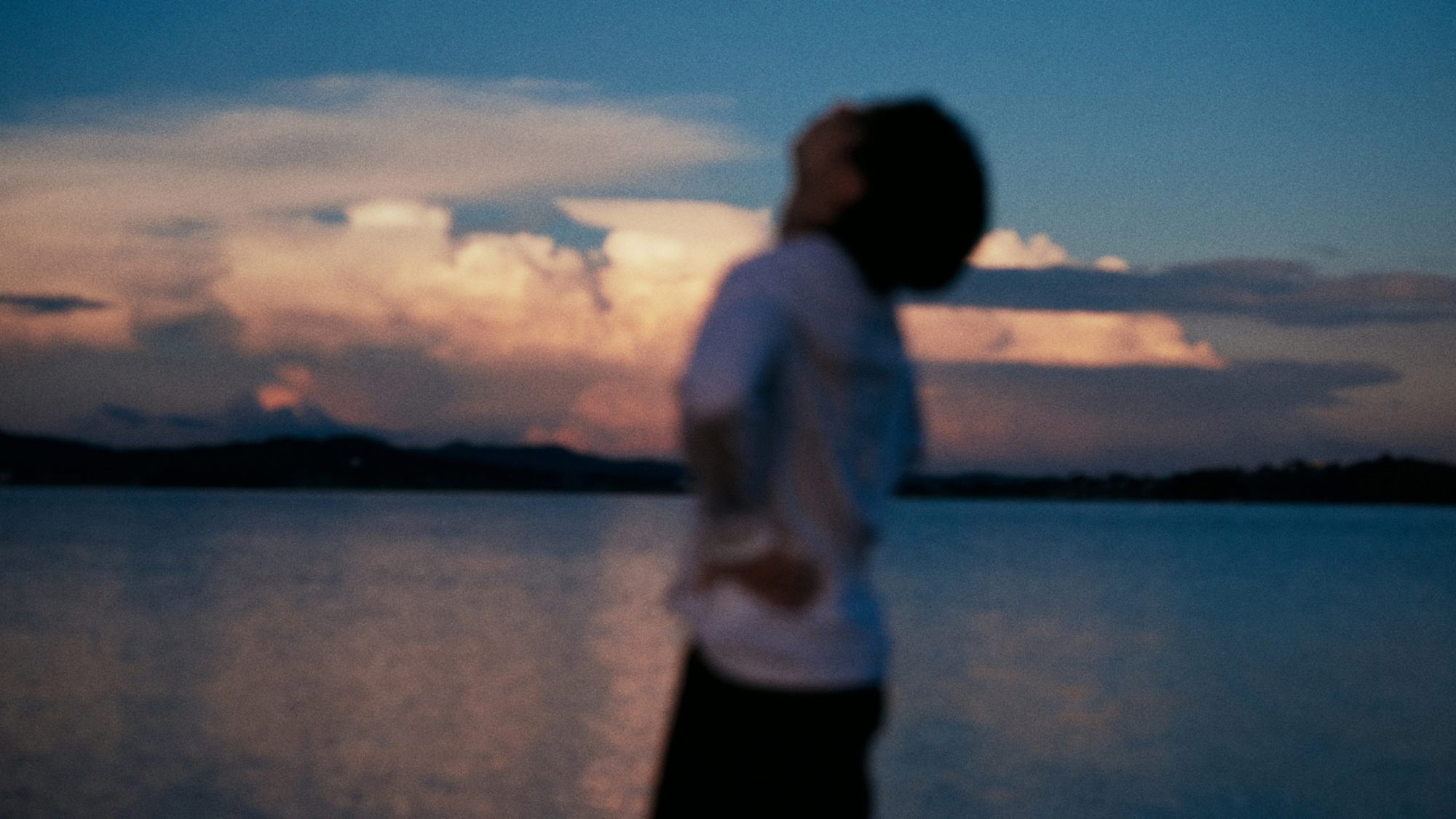
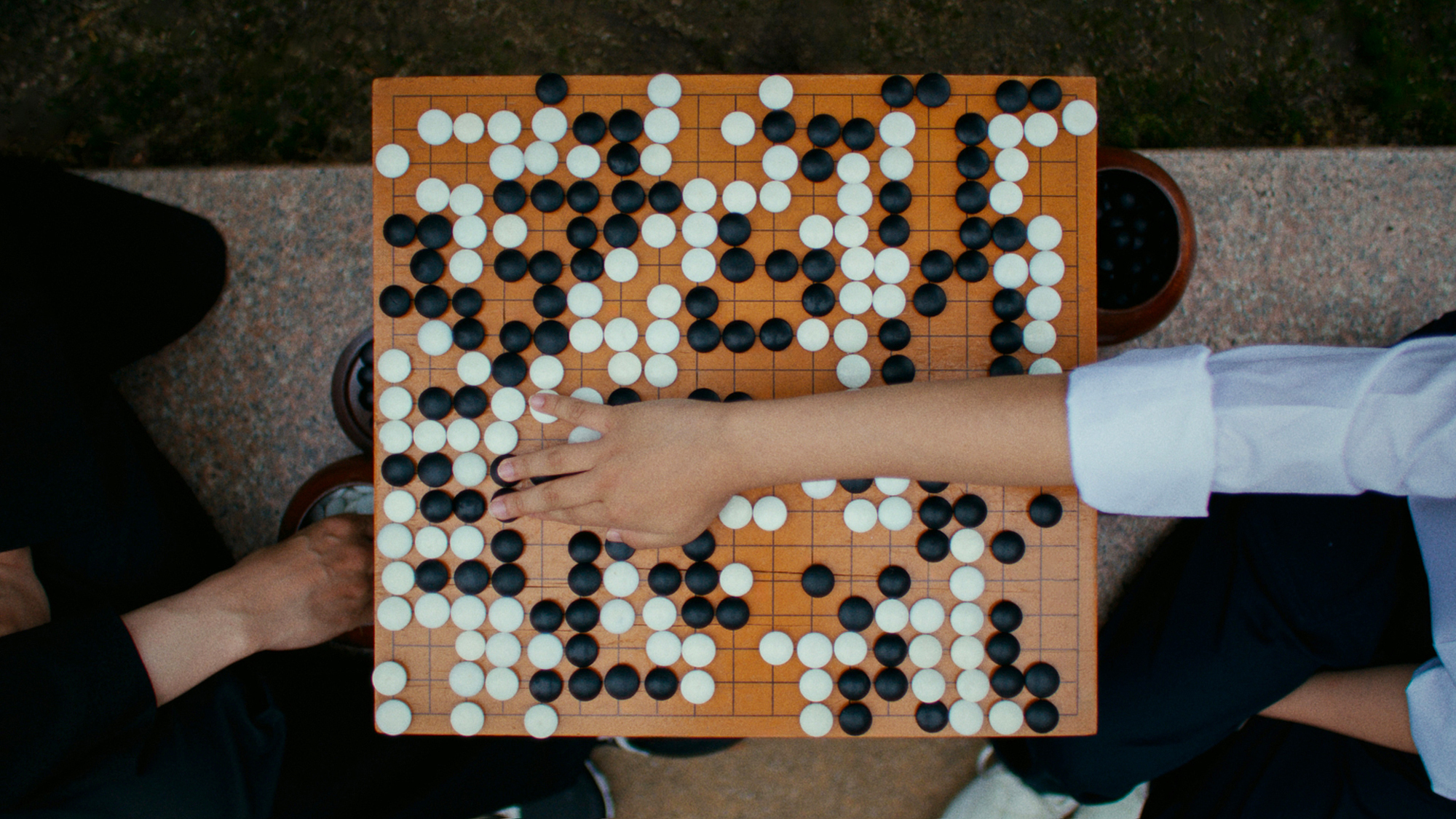
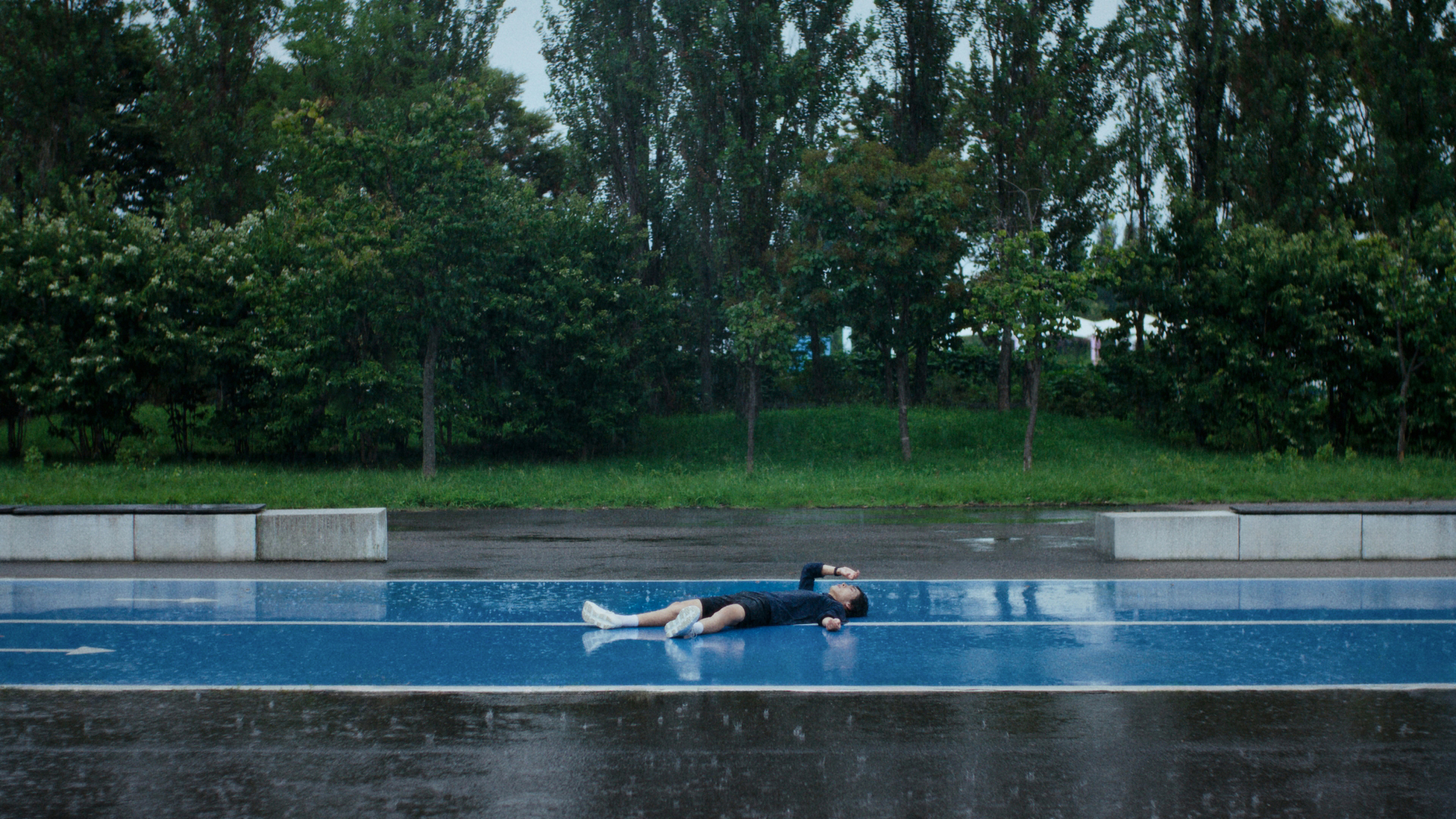
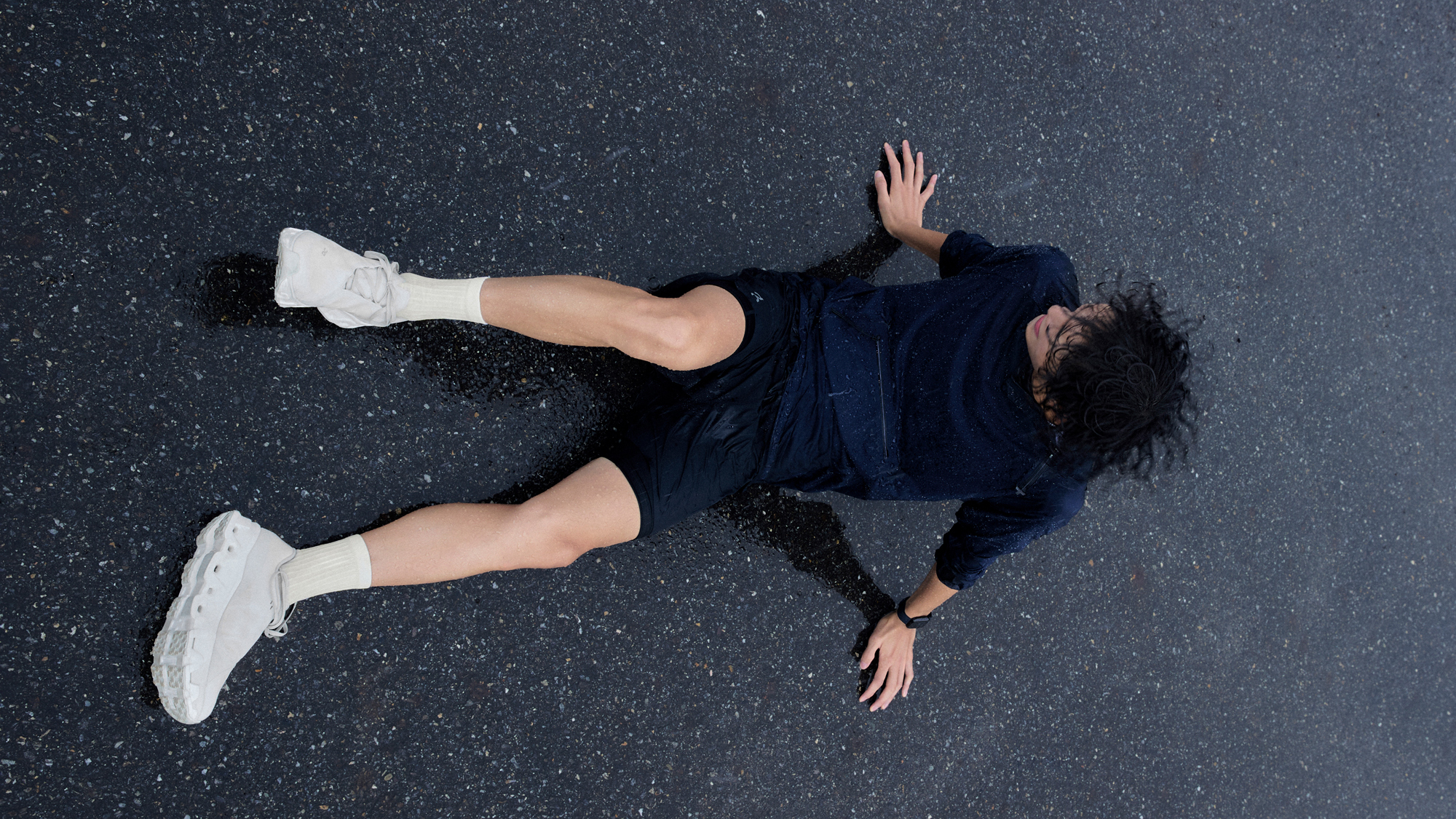
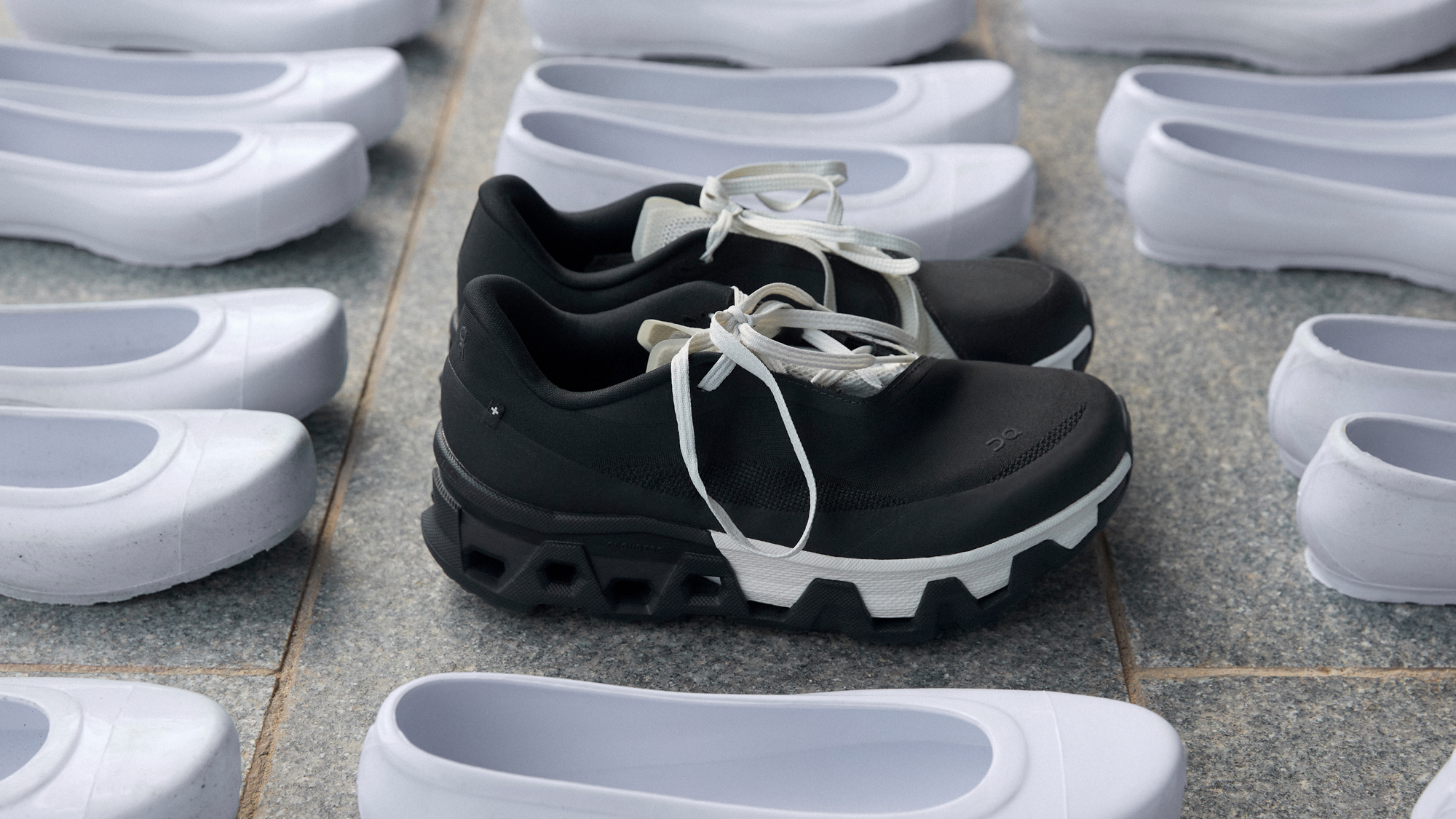
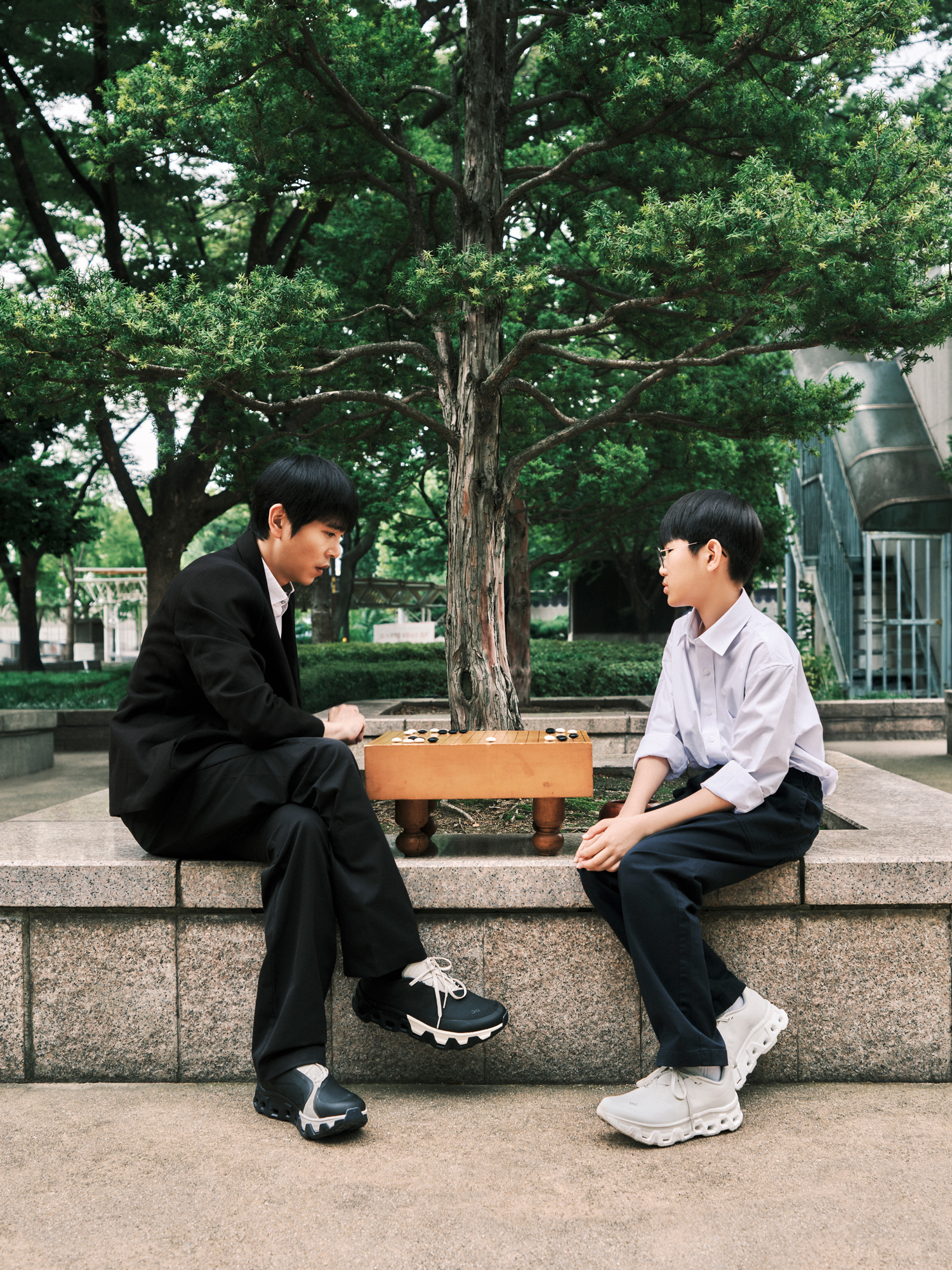
Back to this summer when we decided the only way to launch a tech-heavy ultra shoe was to film a RomCom. For the Cloudultra Pro, we ditched the serious "conquer the mountain" narrative to write a literal love letter to our friends and athletes.
We leaned all the way into the feels, creating a campaign that feels less like a commercial and more like a summer fling with the trail. It’s heartfelt, intentionally cheesy, and completely unapologetic.
A love letter back to them 💌
How cheesy is too cheesy?
OFF is a substantial print publication produced by the Swiss performance brand On, featuring a global collective of writers, artists, and photographers (including contributors to The New York Times, Wired, Vogue, and National Geographic). Created by On’s in-house creative team and characterized by its distinct Swiss-bound spine for a seamless open-lay reading experience, OFF is an immersive analog artifact at the intersection of run culture and high design. In an era defined by digital noise and rapid scrolling, OFF serves as a deliberate counter-pace; a sanctuary of "downtime" designed to recharge the mind and ignite the human spirit before the next adventure.
Rooted in the philosophy of movement, the magazine flows like a long-distance run through the landscapes of the human psyche, its pages taking us on an odyssey from the technical precision of the Swiss Alps to the raw energy of urban street culture. Unfolding through the eyes of pioneering athletes and avant-garde creatives, the publication traverses the worlds of sustainability, art, and fashion, uncovering the often invisible connections between how we move and how we create. It shines a light on the power of the runner’s mindset, turning stories of endurance and design into a powerful dialogue on what it means to be active in the modern world.
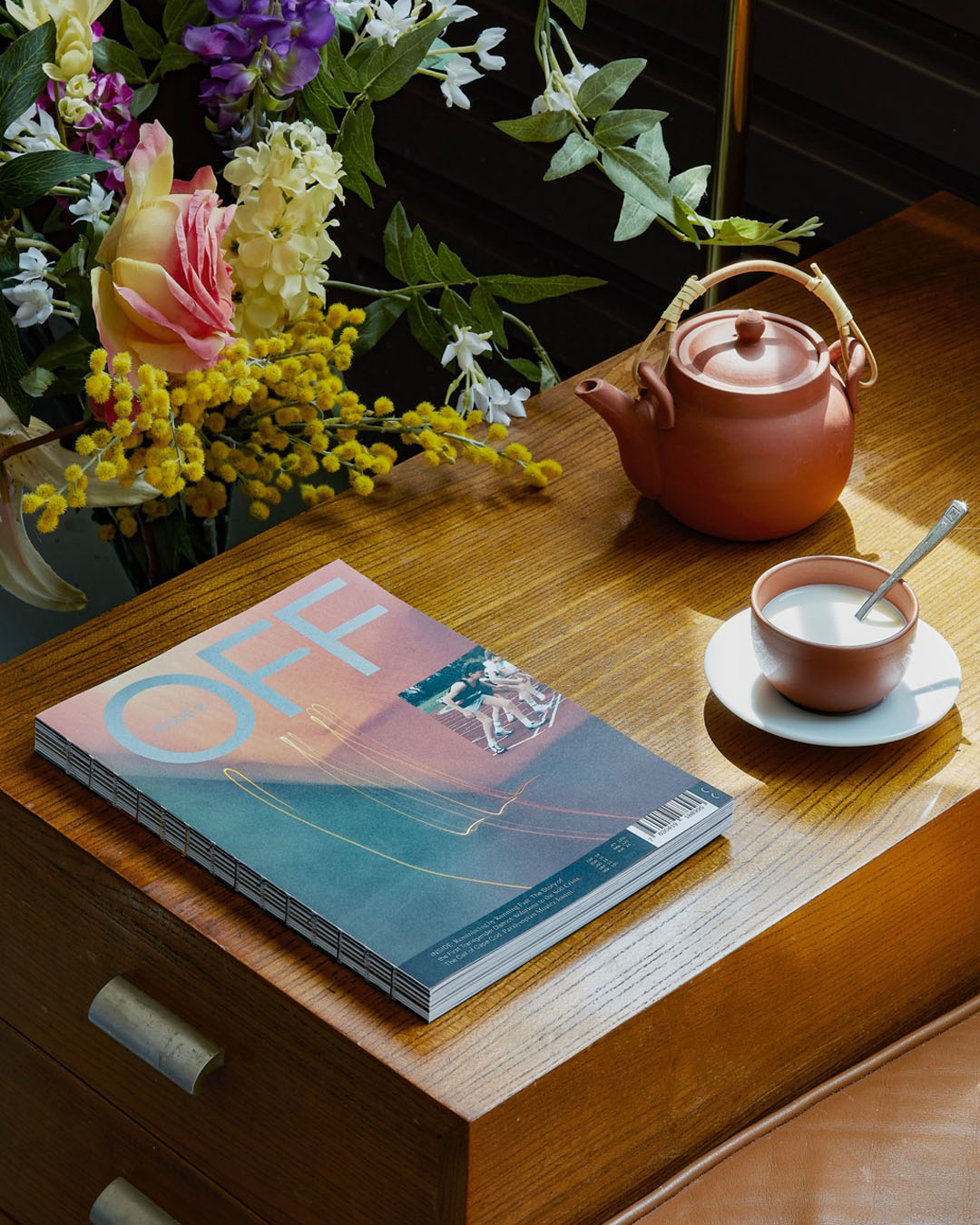
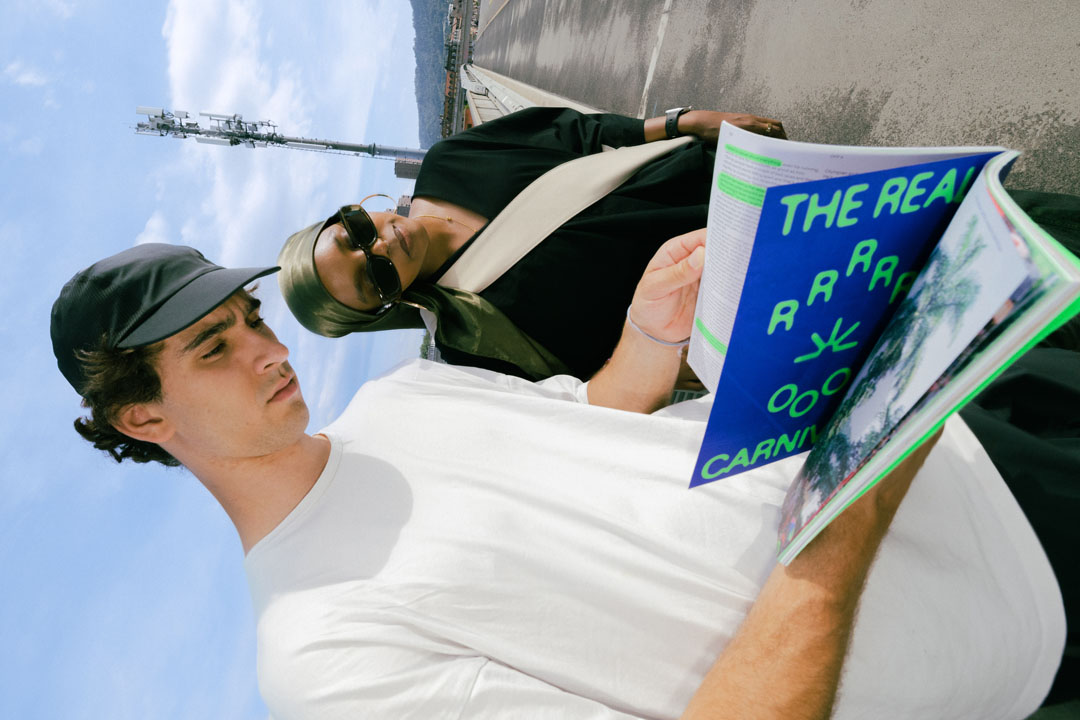
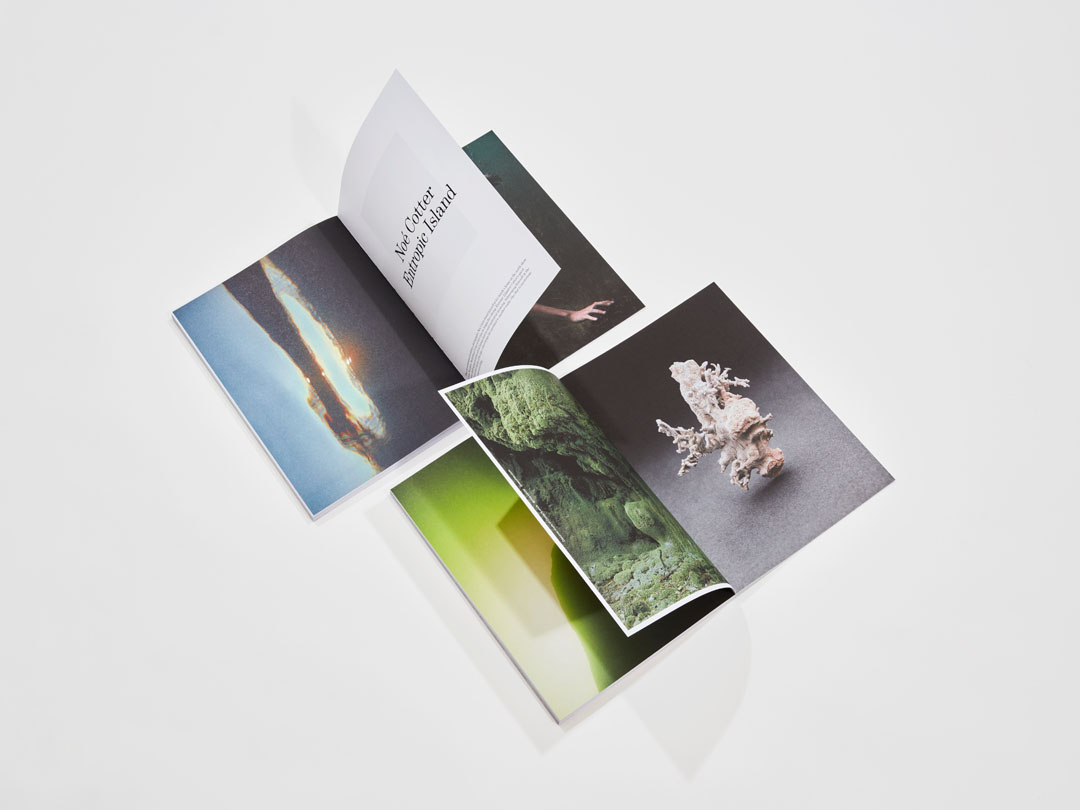
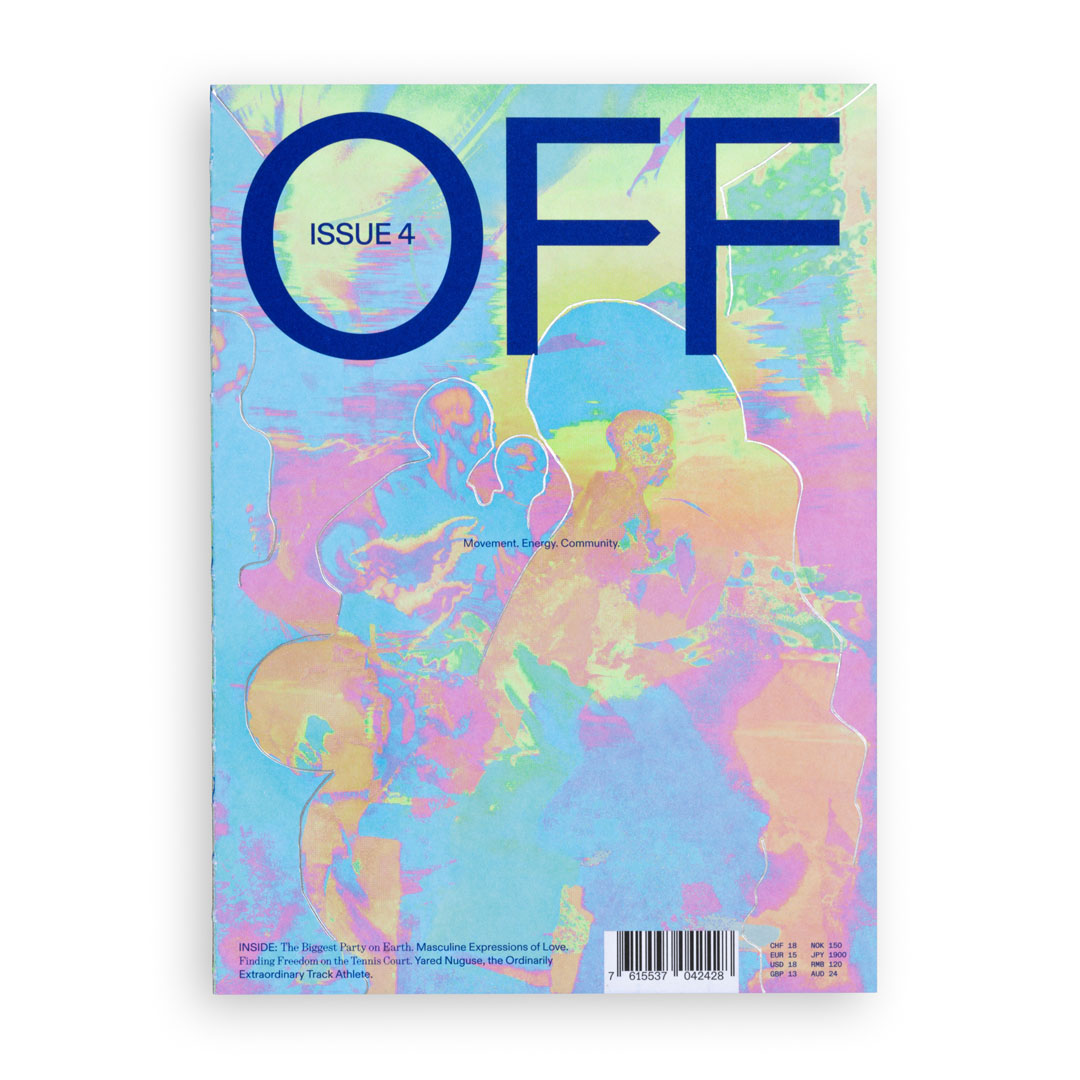
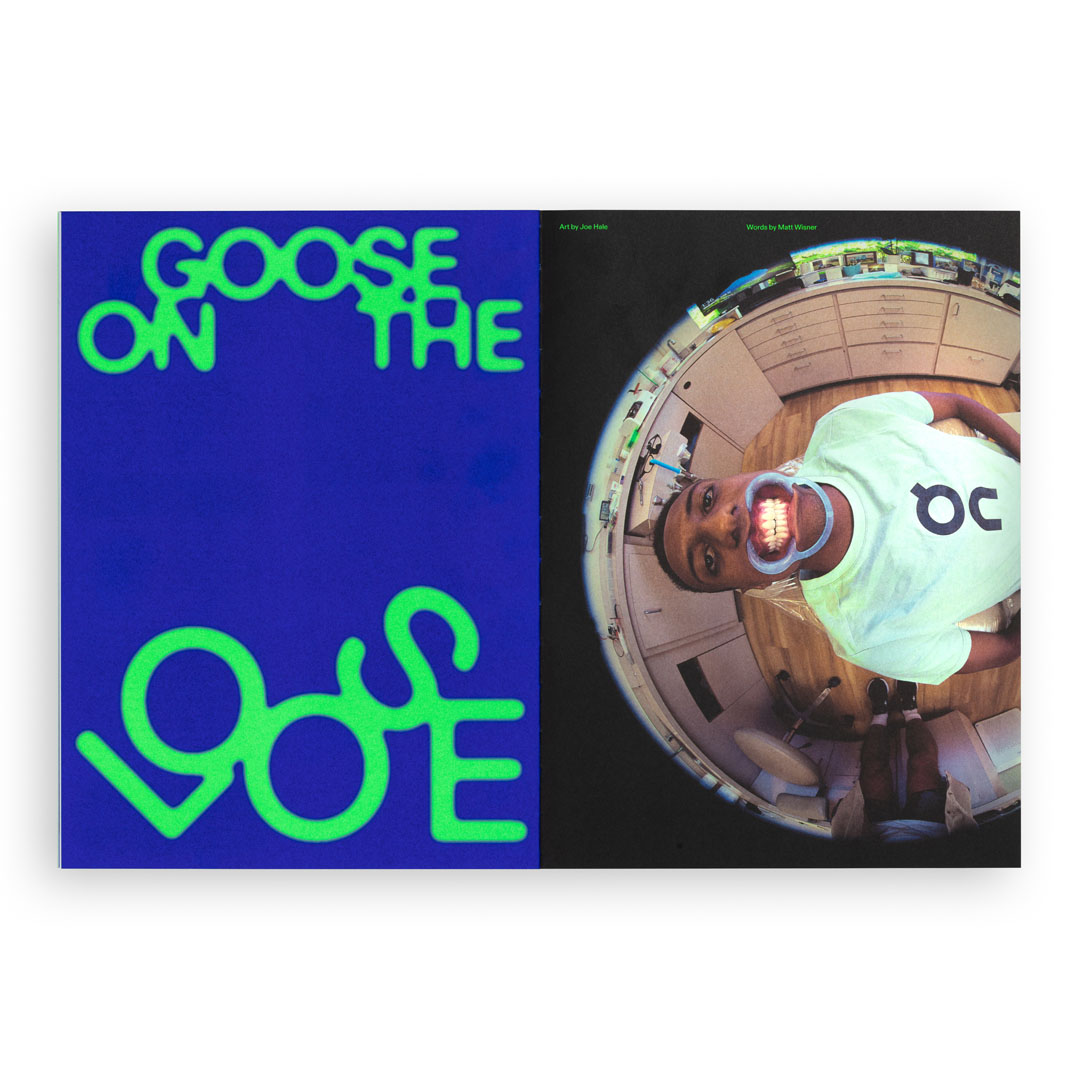
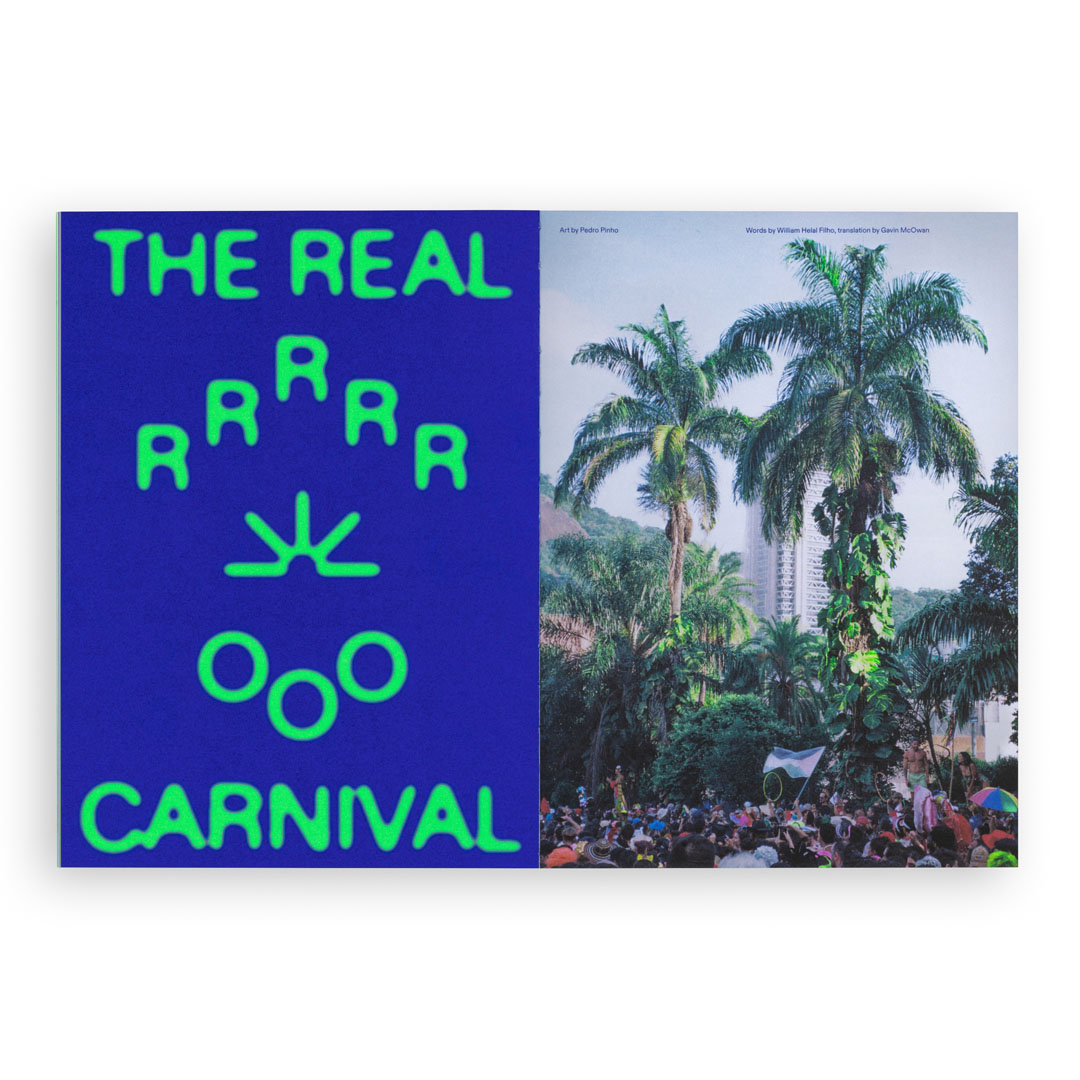
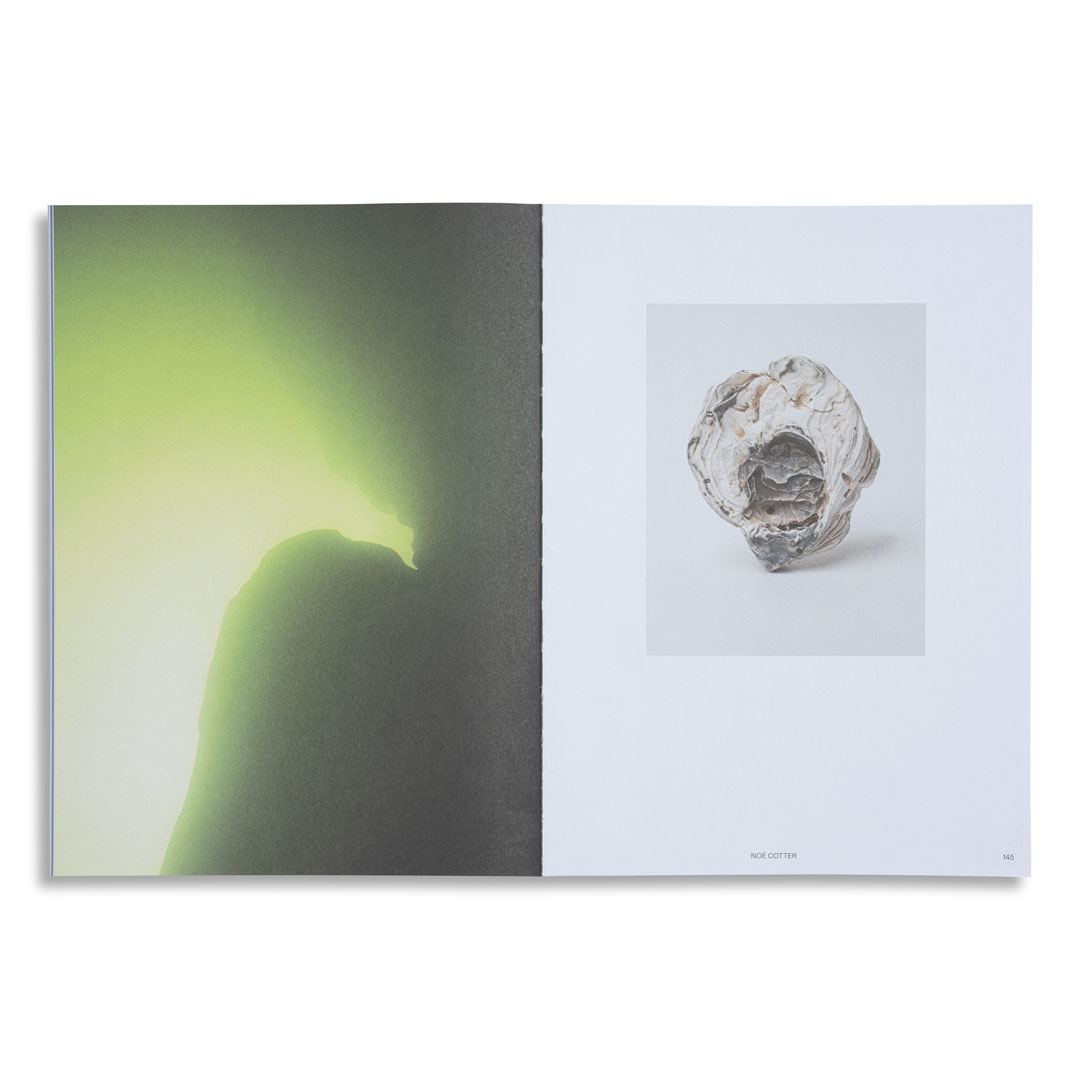
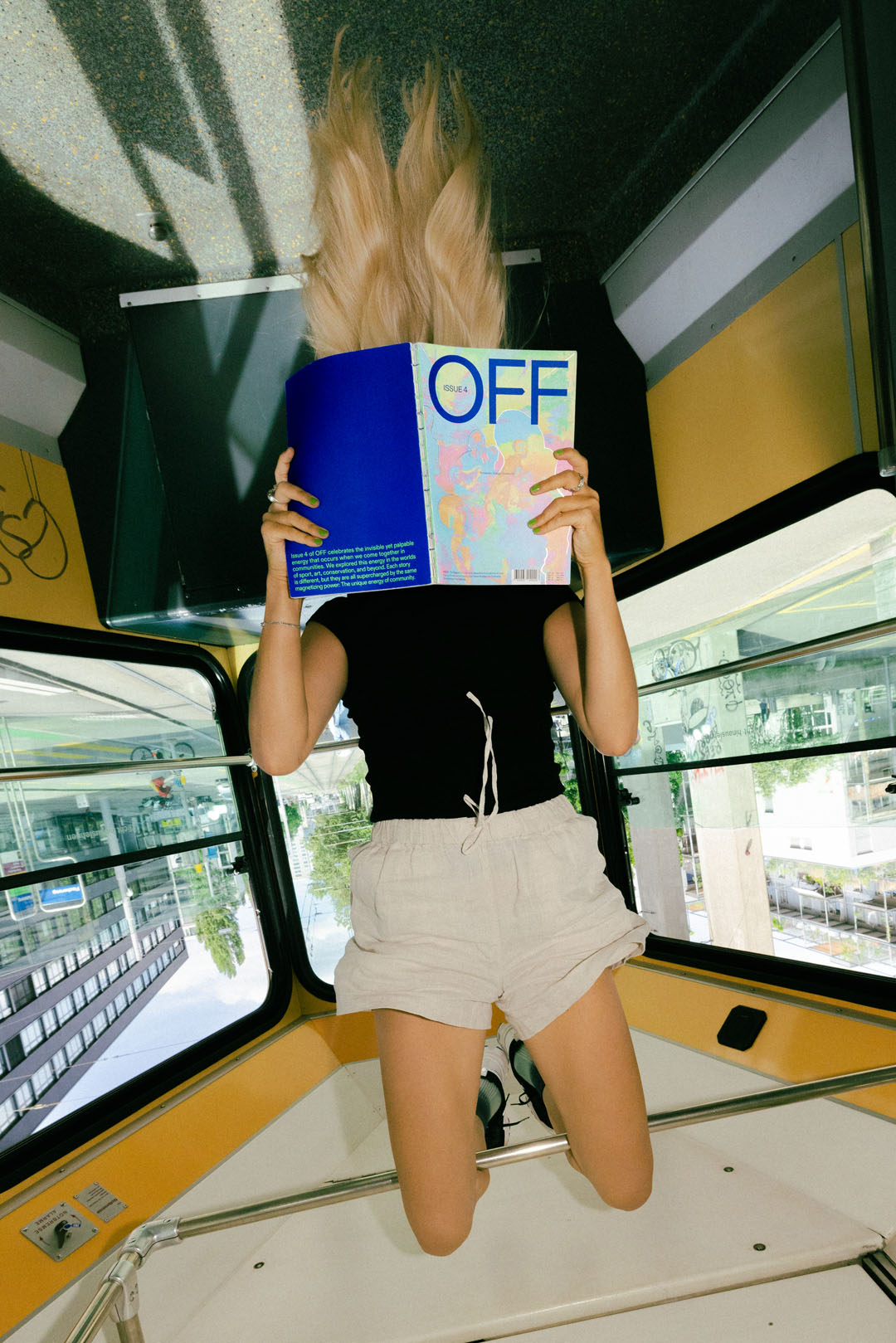
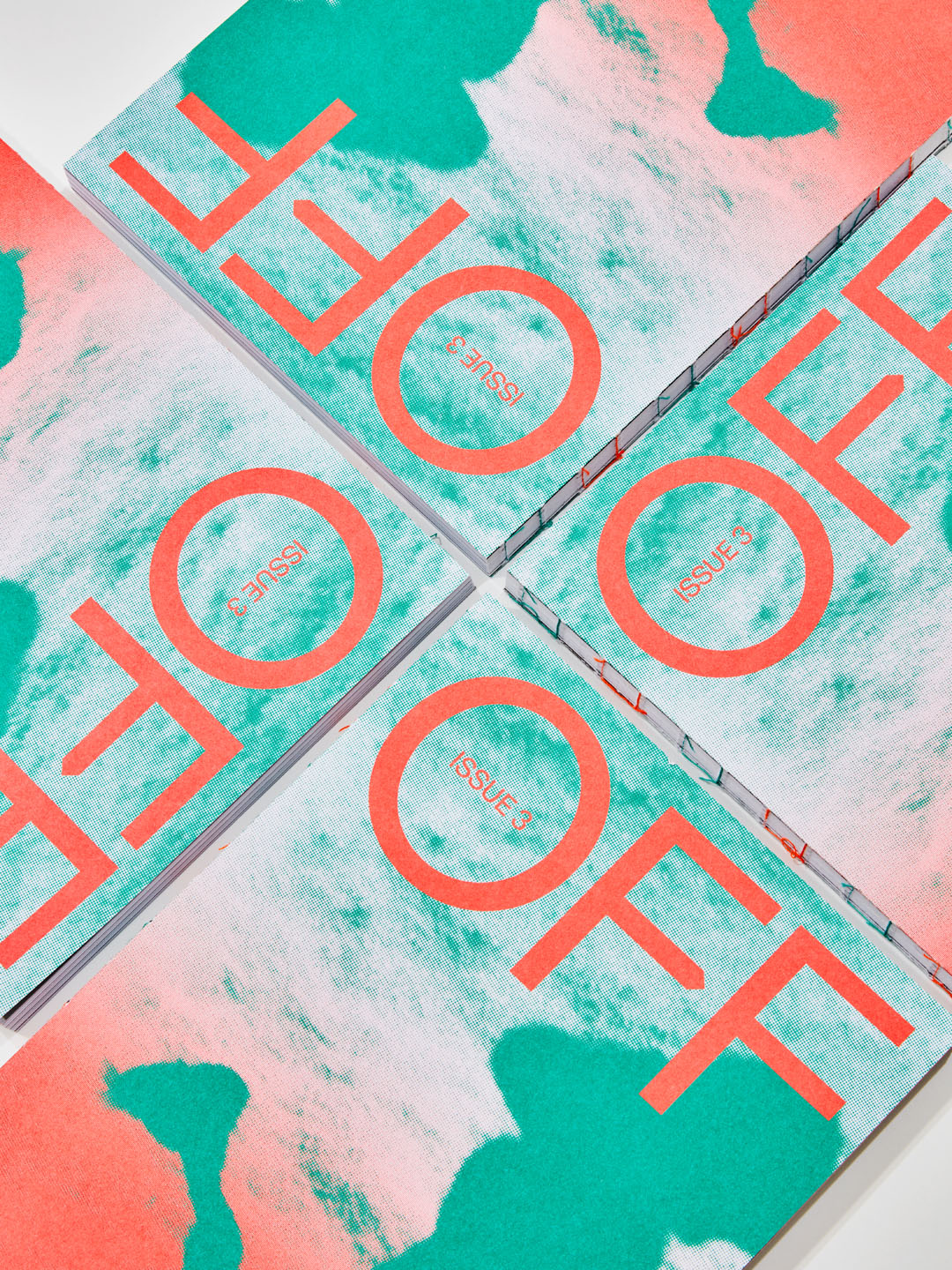
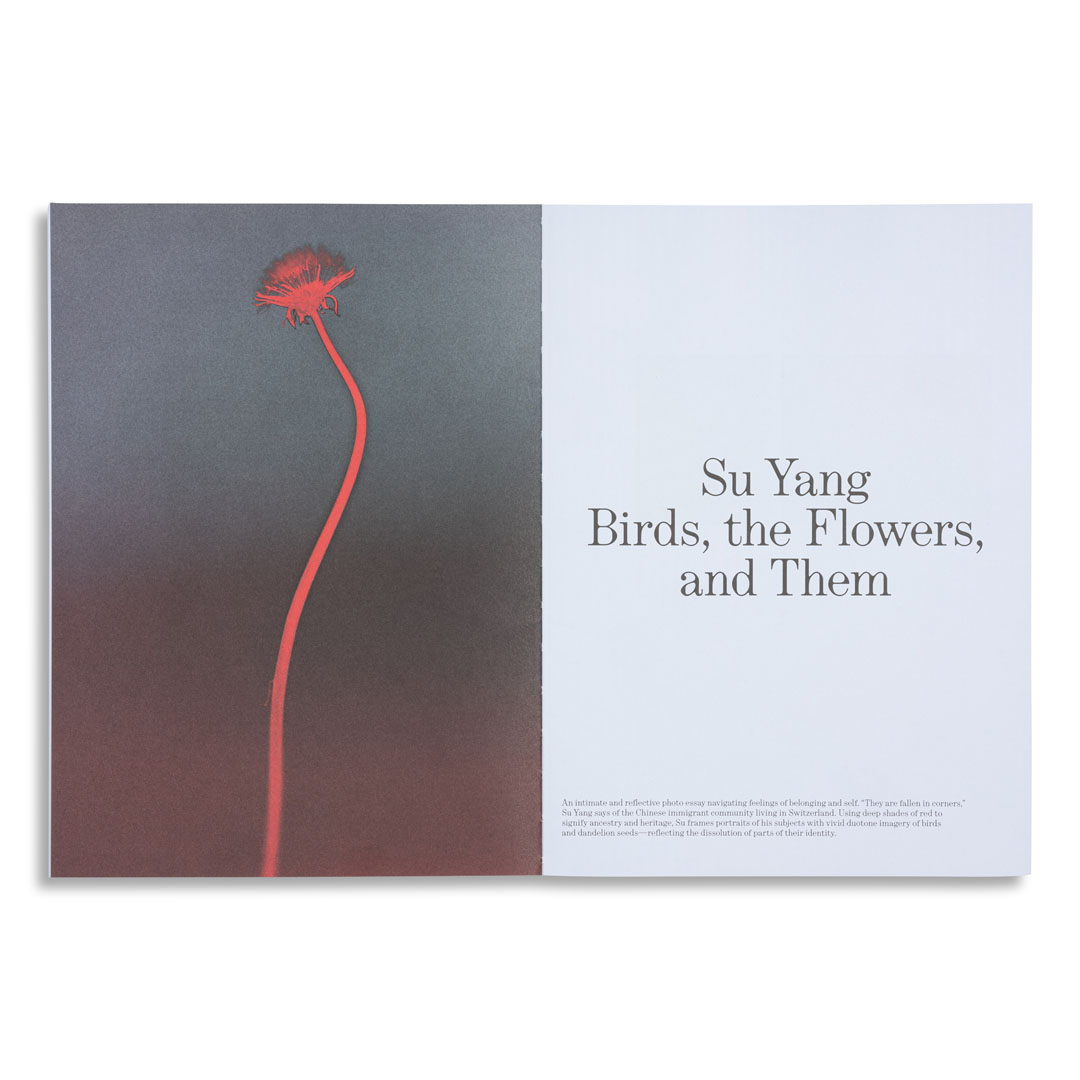
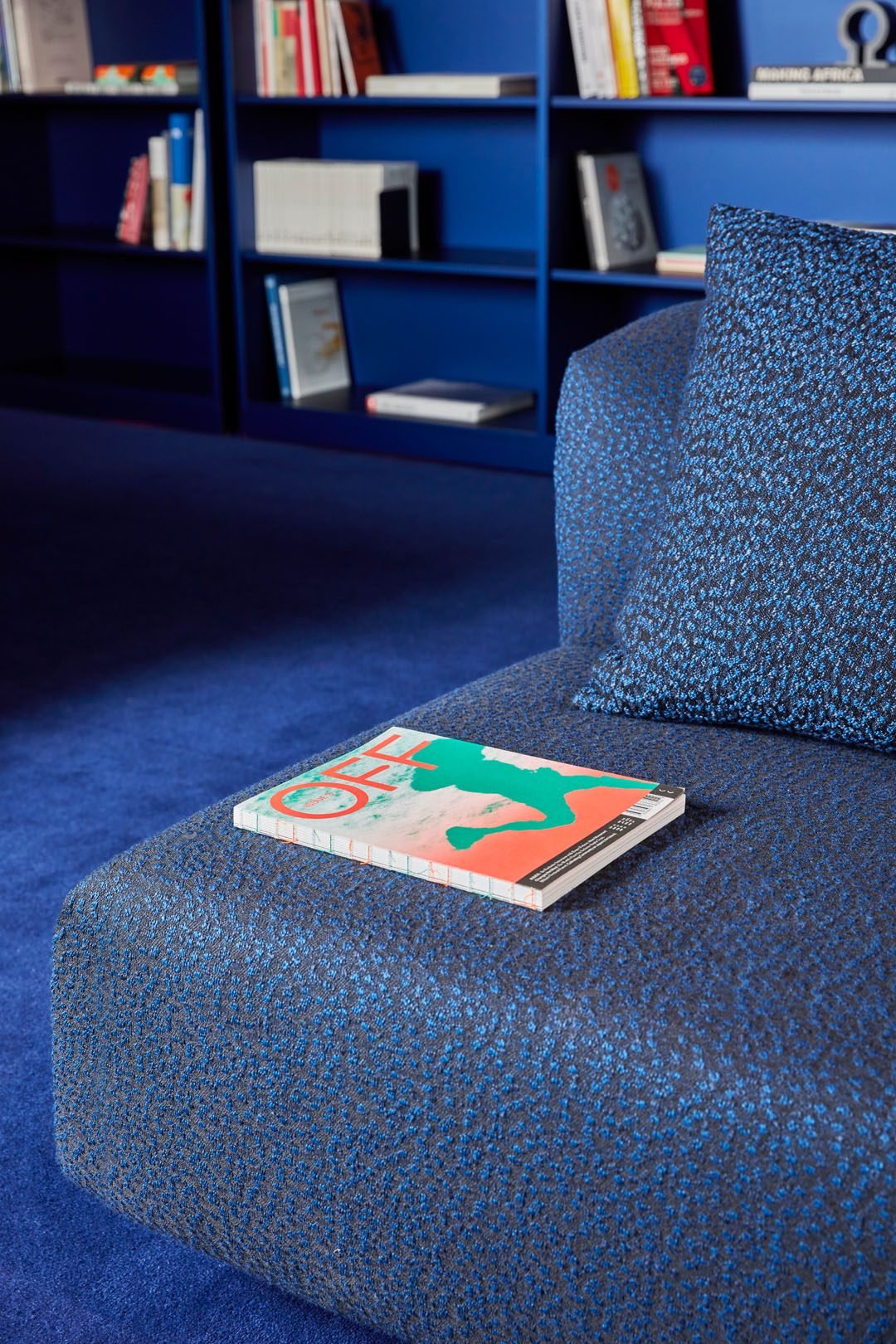
How does On ignite the human spirit?
We believe that running together is a real-life remedy to this digital age. Somewhere to share ideas. Rediscover your city. To be inspired to dream bigger and better. Or even just find new friends. The point is – it could change your life.
This summer, we are championing RunTogether - a call-to-arms for everyday people to log out, step out, and connect in real life (and ultimately experience how shared runs can unlock magic): be it seeing the city through new eyes, to unknotting parts of self-identify. The concept banked on the idea that the polarity of uncovering personal breakthroughs, and doing it with people – can be profound.We connected Rejjie Snow, King Miyachi and $oho Bani with amazing run crews in New York, Tokyo and Berlin. Geared with the new Cloudflow 4 and Cloudmonster - we allowed the humanity of running to – well, run its own course.
Director @molliemills
Production Company @somesuchandco
EP @tantashtan
Producer @marthamcguirk @mrmrfilms
DP @ayindeanderson_
